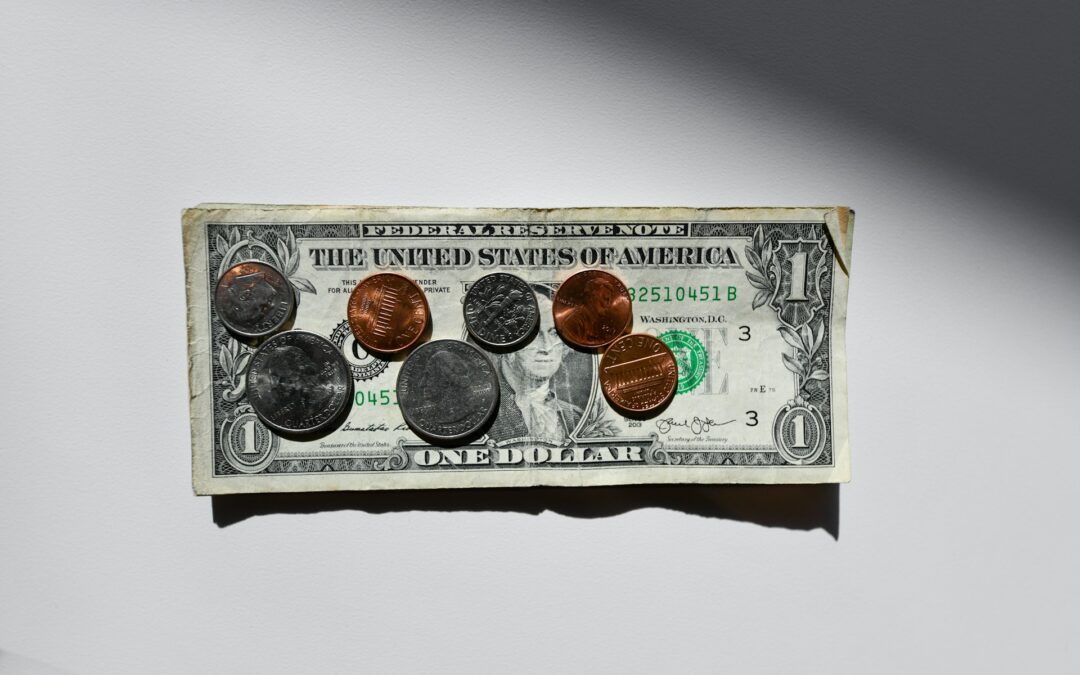Written by Madeline Groeger & Jennifer Robinson
We are all familiar with the fact that “employment income includes (but is not limited to) hourly wages, salaries, overtime pay, tips, bonuses, and commissions before any payroll deductions.” (
Page 4-8 IRS Guide to Completing Form 8823). Whether referred to as tips or gratuity, any discretionary payments a person receives from customers is considered income. According to the IRS, tips include:
- Cash tips received directly from customers.
- Tips from customers who leave a tip through electronic settlement or payment. This includes a credit card, debit card, gift card, or any other electronic payment method.
- The value of any noncash tips, such as tickets, or other items of value.
- Tip amounts received from other employees paid out through tip pools or tip splitting, or other formal or informal tip sharing arrangement.
(
https://www.irs.gov/businesses/small-businesses-self-employed/tip-recordkeeping-and-reporting)
That means tips can take many forms. It also means that tips can appear in many different ways on an employee’s pay stubs, and it can be very confusing. Quite often the total pay on a pay stubs is less than the sum of its parts, and that often goes unnoticed.
Follow this example:
| Type |
Hours |
Rate |
Total |
| Regular |
80 |
$2.75 |
$ 220.00 |
| Over Time |
20 |
$4.13 |
$ 82.60 |
| Charge Tips |
|
|
$ 274.40 |
| Cash Tips |
|
|
$ 200.00 |
| Less Tips |
|
|
$-190.00 |
| TOTAL |
|
|
$ 587.00 |
What amount do you use for gross income?
None of the above. Also, most of the above.
We have to consider the hourly pay: $220 Regular + $82.60 OT = $302.60
It’s the tips that add confusion: $274.40 Charge + $200 Cash = $474.40
Gross income is $302.60 + $474.40 = $777.00
That number does not appear anywhere above.
What about the $190 on the “Less Tips” line?
Of the $200 in cash tips reported, the employee kept $190 in cash during this pay period. The other $10 was turned in to the employer. The cash tips they kept are reported on the pay stubs, but it does not show up in the total pay because they already kept the cash. The employee will be taxed on the total cash tips because it is income.
 Do all pay stubs for tipped employees look like this?
Do all pay stubs for tipped employees look like this?
No. There are a million different variations. Depending on where the person works, this type of income could appear as cash, charge, tokens, credit, gratuity, or under a number of other names on pay stubs.
Are all tips always reported on pay stubs?
Again, no. Many tipped employees do not report their cash tips. This is a violation of tax code, but a fact of life. Which is why it is important to ask some follow up questions:
- Do you receive tips or gratuities at this job?
- Please list the average amount of tip/gratuity received:
- Are all tips reported to the employer?
On our website you will find the Tip & Gratuity Affidavit designed specifically for this purpose.
https://spectrumlihtc.com/wp-content/uploads/Tip-Affidavit-2.pdf
The answers should make sense. Is this person a hairdresser reporting no tips? Are they a bartender at a popular cash-only bar claiming they barely clear minimum wage? Don’t be afraid to ask follow-up questions and get the household member to answer them in writing. If it just doesn’t add up, or leaves you feeling uncomfortable, get a second opinion from a colleague, the state credit agency, or a consultant.
 Do all pay stubs for tipped employees look like this?
No. There are a million different variations. Depending on where the person works, this type of income could appear as cash, charge, tokens, credit, gratuity, or under a number of other names on pay stubs.
Are all tips always reported on pay stubs?
Again, no. Many tipped employees do not report their cash tips. This is a violation of tax code, but a fact of life. Which is why it is important to ask some follow up questions:
Do all pay stubs for tipped employees look like this?
No. There are a million different variations. Depending on where the person works, this type of income could appear as cash, charge, tokens, credit, gratuity, or under a number of other names on pay stubs.
Are all tips always reported on pay stubs?
Again, no. Many tipped employees do not report their cash tips. This is a violation of tax code, but a fact of life. Which is why it is important to ask some follow up questions:
 Do all pay stubs for tipped employees look like this?
No. There are a million different variations. Depending on where the person works, this type of income could appear as cash, charge, tokens, credit, gratuity, or under a number of other names on pay stubs.
Are all tips always reported on pay stubs?
Again, no. Many tipped employees do not report their cash tips. This is a violation of tax code, but a fact of life. Which is why it is important to ask some follow up questions:
Do all pay stubs for tipped employees look like this?
No. There are a million different variations. Depending on where the person works, this type of income could appear as cash, charge, tokens, credit, gratuity, or under a number of other names on pay stubs.
Are all tips always reported on pay stubs?
Again, no. Many tipped employees do not report their cash tips. This is a violation of tax code, but a fact of life. Which is why it is important to ask some follow up questions:





